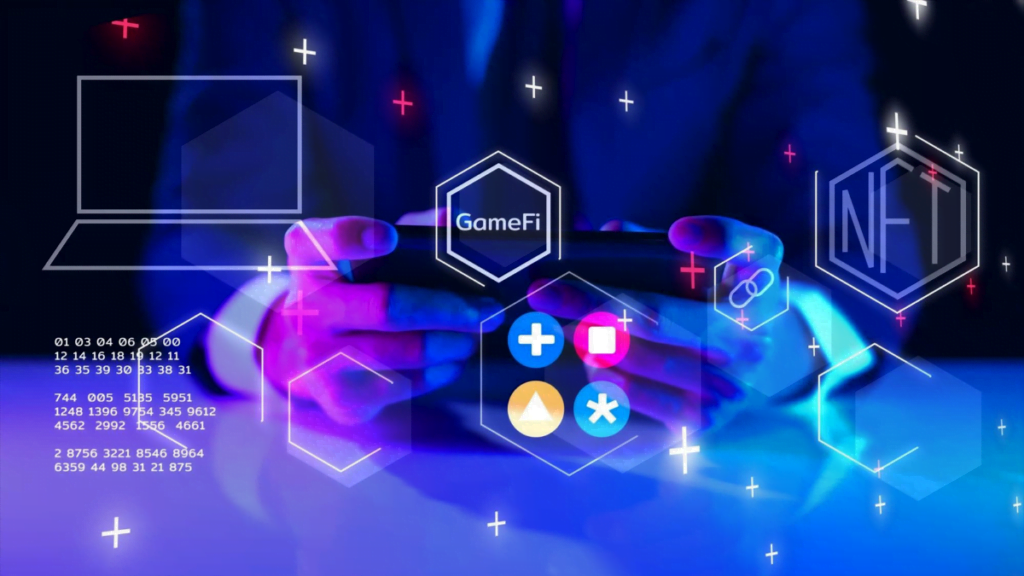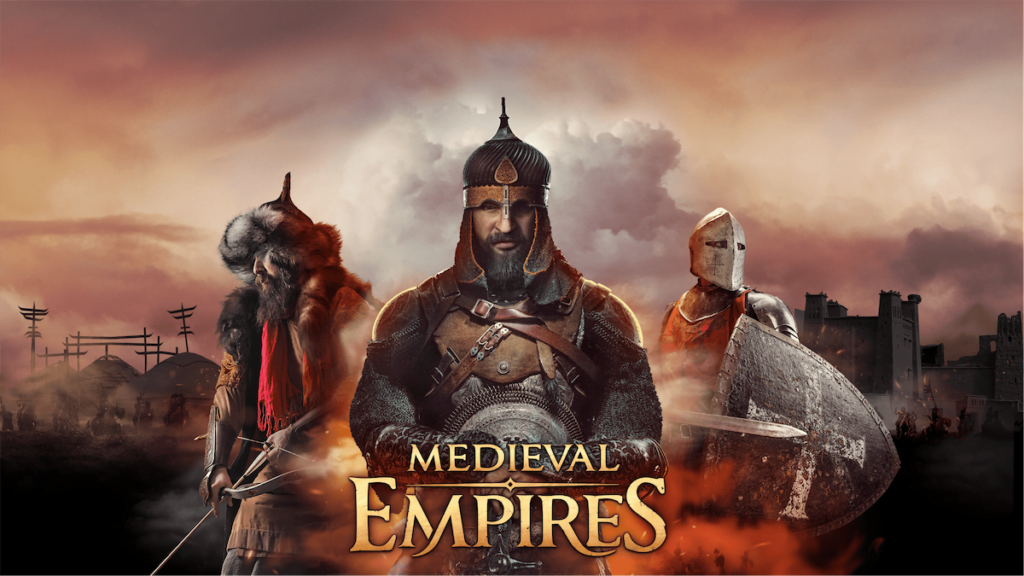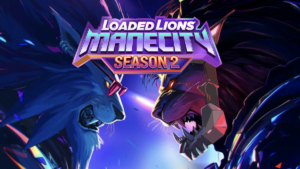In recent years, a new trend has emerged in the gaming world: decentralized gaming. This innovative concept is reshaping the way gamers interact with virtual worlds, offering a host of benefits that were previously unimaginable.
Decentralized gaming leverages blockchain technology to provide players with ownership of in-game assets, transparency, and enhanced security. With its potential to transform the gaming industry, decentralized gaming is poised to become the future of gaming.
Benefits of Decentralized Gaming
Ownership: One of the key advantages of decentralized gaming is the ownership of in-game assets. Traditionally, gamers invest significant time and money in acquiring virtual items within games, only to find themselves at the mercy of centralized platforms.
Decentralized gaming platforms utilize blockchain technology to ensure that players have true ownership and control over their in-game assets. This ownership empowers players to freely trade, sell, or even create their own unique digital assets, giving them unprecedented control and economic freedom.

Transparency: Transparency is another crucial aspect of decentralized gaming. The integration of blockchain technology enables a transparent and immutable ledger, where all in-game transactions can be publicly verified.
This transparency instills trust among players, as it eliminates the possibility of fraud or cheating. Additionally, it creates opportunities for players to earn rewards and incentives based on their contributions to the game, fostering a more inclusive and rewarding gaming experience.
Security: Security is a paramount concern in the gaming world, and decentralized gaming addresses this issue effectively. By utilizing blockchain technology, decentralized games provide enhanced security measures, reducing the risk of hacks, scams, and unauthorized modifications.
With decentralized platforms, players can have peace of mind knowing that their in-game assets are protected by the robust security features inherent in blockchain technology.
Popular Decentralized Games
Several decentralized games have gained significant popularity in recent years.
Axie Infinity, a blockchain-based game where players can collect, breed, and battle digital creatures called Axies, has taken the gaming world by storm. It offers players the opportunity to earn cryptocurrency by participating in battles and breeding rare Axies.
Decentraland, an open virtual world, allows users to buy, sell, and trade virtual land and assets using blockchain technology. Users can create, explore, and monetize their virtual experiences, blurring the lines between gaming and real estate.
The Sandbox is another notable example, offering a platform for players to create, own, and monetize their voxel-based gaming experiences. It provides a vibrant community where creators can showcase their talents, collaborate, and trade assets, all on a decentralized platform.

Blockchain Technology and Challenges
Decentralized gaming relies on blockchain technology to enable secure, transparent, and player-centric experiences. Blockchain acts as a decentralized ledger that records all transactions and interactions within the game, ensuring fairness and accountability. However, despite its potential, decentralized gaming faces challenges.
The lack of regulation is a major hurdle. As decentralized games operate outside the traditional regulatory frameworks, issues such as legal jurisdiction and consumer protection can arise. Moreover, the entry barrier for decentralized gaming is relatively high, as players need to acquire knowledge about cryptocurrencies, wallets, and blockchain technology. This may discourage some potential players from embracing the decentralized gaming revolution.
Overcoming Challenges and the Future
To overcome these challenges, industry players and regulators need to collaborate to establish a framework that ensures consumer protection while promoting innovation. Educating gamers about blockchain technology and simplifying the onboarding process will also play a crucial role in attracting a wider audience.
Looking ahead, the future of gaming is undeniably decentralized. As blockchain technology continues to advance and become more user-friendly, decentralized gaming will become more accessible to a broader audience. With its emphasis on player ownership, transparency, and security, decentralized gaming has the potential to transform the gaming industry, providing gamers with unprecedented control and economic freedom.
To embark on this exciting journey, readers are encouraged to delve deeper into the world of decentralized gaming. Explore the existing decentralized games, engage in discussions, and stay informed about the latest advancements. By embracing decentralized gaming, players can become active participants in shaping the future of the gaming industry and unlocking new possibilities within virtual worlds.
Author

Passionate Web3 and NFT explorer, navigating the complex narrative of digital assets.




